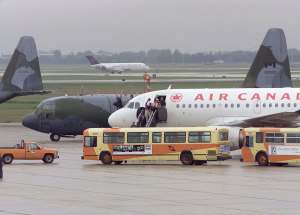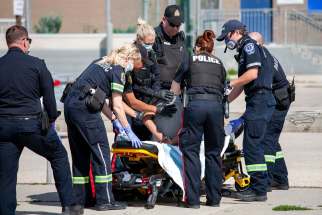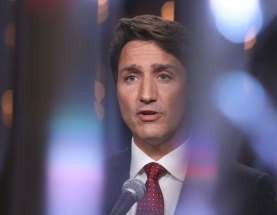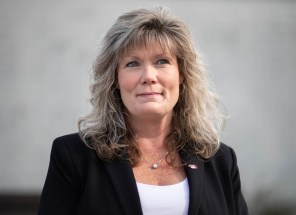The great unknown City doesn't track vaccination rates of police, firefighters, paramedics, bus drivers -- all of whom deal closely with the public
Read this article for free:
or
Already have an account? Log in here »
To continue reading, please subscribe:
Monthly Digital Subscription
$0 for the first 4 weeks*
- Enjoy unlimited reading on winnipegfreepress.com
- Read the E-Edition, our digital replica newspaper
- Access News Break, our award-winning app
- Play interactive puzzles
*No charge for 4 weeks then price increases to the regular rate of $19.00 plus GST every four weeks. Offer available to new and qualified returning subscribers only. Cancel any time.
Monthly Digital Subscription
$4.75/week*
- Enjoy unlimited reading on winnipegfreepress.com
- Read the E-Edition, our digital replica newspaper
- Access News Break, our award-winning app
- Play interactive puzzles
*Billed as $19 plus GST every four weeks. Cancel any time.
To continue reading, please subscribe:
Add Free Press access to your Brandon Sun subscription for only an additional
$1 for the first 4 weeks*
*Your next subscription payment will increase by $1.00 and you will be charged $16.99 plus GST for four weeks. After four weeks, your payment will increase to $23.99 plus GST every four weeks.
Read unlimited articles for free today:
or
Already have an account? Log in here »
Hey there, time traveller!
This article was published 10/09/2021 (1551 days ago), so information in it may no longer be current.
The police officer who leans into the window after a vehicle has been pulled over. The firefighter who runs into a bus shack for a distress call. The paramedic who rushes into a home for a medical emergency. The bus driver who transports hundreds of people to work each day.
The public has no way to know if they are vaccinated because the City of Winnipeg doesn’t track vaccination data for civic employees, including those who routinely come into close contact with members of the public in uncontrolled environments.
In Winnipeg, it appears no one knows what percentage of police, paramedics and firefighters (all of whom were fast-tracked for access to vaccines), as well as bus drivers, have received two doses of a COVID-19 vaccine.
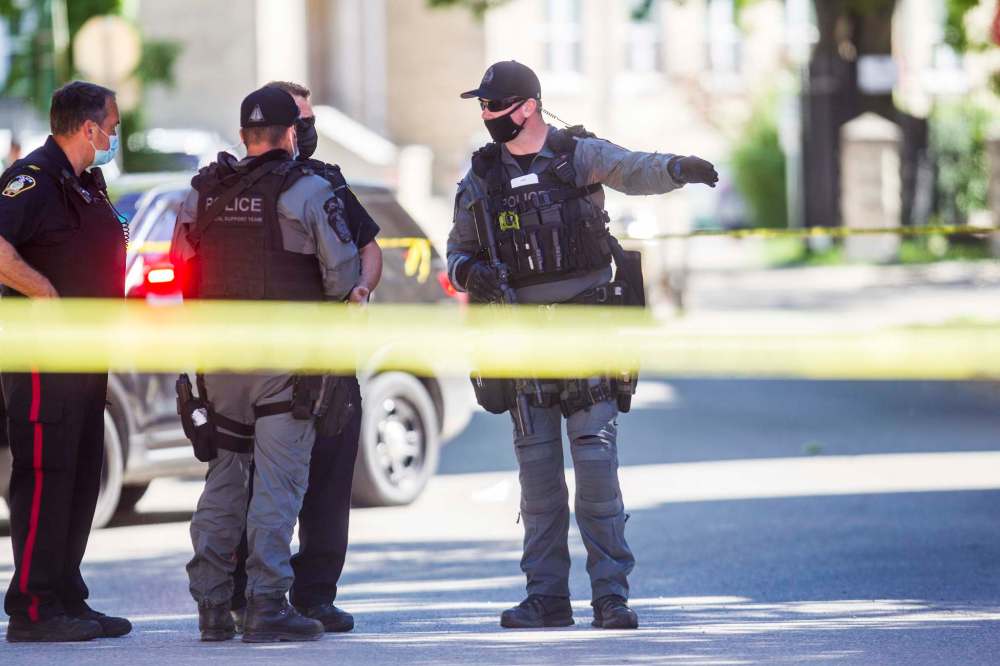
“We do not currently require city employees to declare their vaccination status and do not track the requested statistics,” said David Driedger, the city’s manager of corporate communications, in a statement to the Free Press.
As a fourth wave of the pandemic looms, vulnerable and immunocompromised Winnipeggers remain in the dark as to what extent they’ll be protected from the virus when they have to rely on emergency services or public transportation.
Meanwhile, the city continues to drag its feet on implementing a vaccine mandate for public-facing civic employees – a measure adopted by the Manitoba government for many front-line workers in late August. Other municipalities in Canada have done the same.
“We do not currently require city employees to declare their vaccination status and do not track the requested statistics.”–David Driedger
The city, the Winnipeg Police Service and the Winnipeg Fire Paramedic Service all confirmed they did not know what percentage of their workforce has been vaccinated. The unions that represent those employees didn’t know either.
While Manitoba’s vaccination rates are solid – with 83 per cent of the eligible population single-dosed and 78 per cent double-dosed – it remains unclear if first responders and bus drivers are getting vaccinated at the same rate as the public.
Arthur Schafer, founding director of the Centre for Professional and Applied Ethics at the University of Manitoba, said vulnerable members of the public have the right to access public services without undue threat of contracting the virus.
As such, it is imperative for vaccination rates for public-facing civic employees — who are paid by taxpayers — to be made public, so that citizens can make informed decisions about their level of risk when accessing services.
“The question for the city is not only why it’s not tracking the percentage of its (public)-facing employees who are vaccinated, but also why they don’t require vaccination in order to protect the public from being infected?” Schafer said.
“There’s also the question of the rights of the patients who will be treated by paramedics and (firefighter-paramedics), and the rights of the people who will be dealing with the police when something has gone badly wrong in their lives.”
“There’s… the question of the rights of the patients who will be treated by paramedics… and the rights of the people who will be dealing with the police when something has gone badly wrong in their lives.”–Arthur Schafer
Schafer said it is time for the civic government to follow other Canadian jurisdictions and mandate double vaccinations for police, paramedics, firefighters and transit drivers.
For example, on Aug. 24, the Toronto Police Service announced a mandatory COVID-19 vaccination policy for its members, both uniform and civilian. One day later, the Hamilton Police Service announced it would follow suit.
“I think (the city) must implement (a similar policy). I think it’s their obligation to protect their own employees and to protect the public — but they have to make reasonable accommodations for those who are medically exempt,” Schafer said.
When contacted, the unions that represent civic employees were non-committal about a vaccine mandate for their members should one be implemented.
Manitoba Government and General Employees’ Union president Michelle Gawronsky said her union supports the current recommendations on COVID-19 vaccines from public health officials in Manitoba.
“We encourage all eligible members to be vaccinated. When combined with appropriate PPE and workplace safety protocols, vaccines are known to be one of the most powerful tools we have to keep people safe,” Gawronsky said.
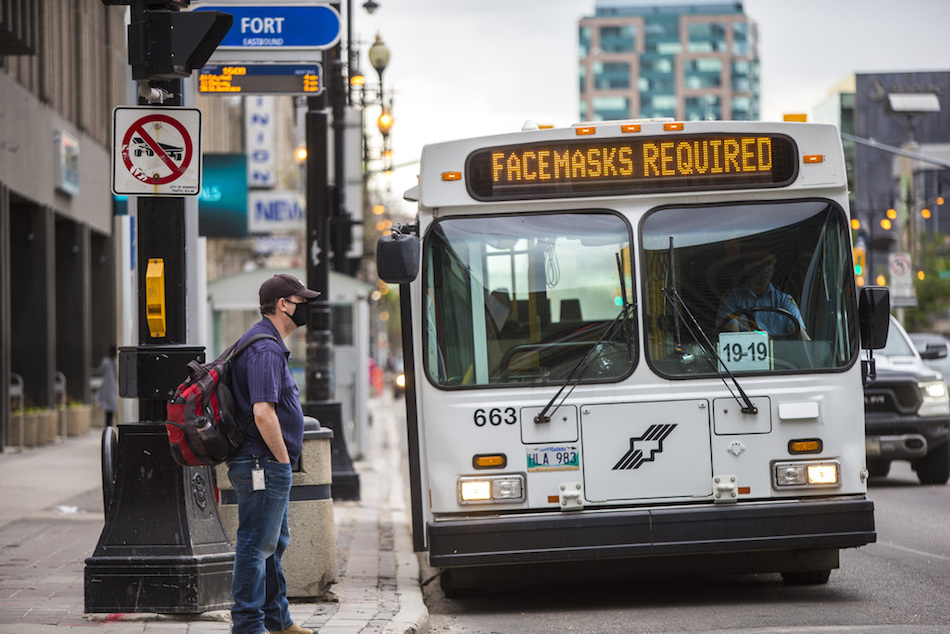
Winnipeg Police Association president Maurice Sabourin said in a written statement his union would have “more to say” on the issue once the city makes an official declaration about the possibility of a vaccine mandate for his members.
“Since the start of the pandemic, the WPA and its members have been firmly committed to following all public health orders and guidelines to ensure the safety and well-being of each other and the people we interact with every single day,” Sabourin said.
The United Firefighters of Winnipeg did not respond to a request for comment.
In a written statement, the Amalgamated Transit Union 1505 said it was unaware of the percentage of its membership who have received two doses of a COVID-19 vaccine.
“We are definitely urging our members to get vaccinated, but we also recognize that there are members who are not getting vaccinated for a number of reasons,” the spokeswoman said.
“Recognizing the right of everyone to their own body and health, we have to respect each individual’s right to choose to get vaccinated or tested.”
“Recognizing the right of everyone to their own body and health, we have to respect each individual’s right to choose to get vaccinated or tested.”–Amalgamted Transit Union 1505
Schafer said the right of individuals to safely access public services, and the right of society to have a functioning health-care system, far outstrip the right of an employee who refuse to be vaccinated.
While the “restricting the liberty of individuals always requires justification,” Schafer said, he believes the courts would back up the City of Winnipeg should it adopt a vaccine mandate and face a legal challenge.
“If the city were to require its paramedics and firefighters and police to be vaccinated, and if an employee were to challenge that requirement as an unreasonable violation of their rights, I think human rights legislation would protect the employer,” Schafer said.
“I think the employee would lose that challenge if their job required them to be in close, intimate contact with vulnerable people in the context of a deadly pandemic where the delta variant is frighteningly infectious.”
ryan.thorpe@freepress.mb.ca
Twitter: @rk_thorpe

Ryan Thorpe likes the pace of daily news, the feeling of a broadsheet in his hands and the stress of never-ending deadlines hanging over his head.
Our newsroom depends on a growing audience of readers to power our journalism. If you are not a paid reader, please consider becoming a subscriber.
Our newsroom depends on its audience of readers to power our journalism. Thank you for your support.






